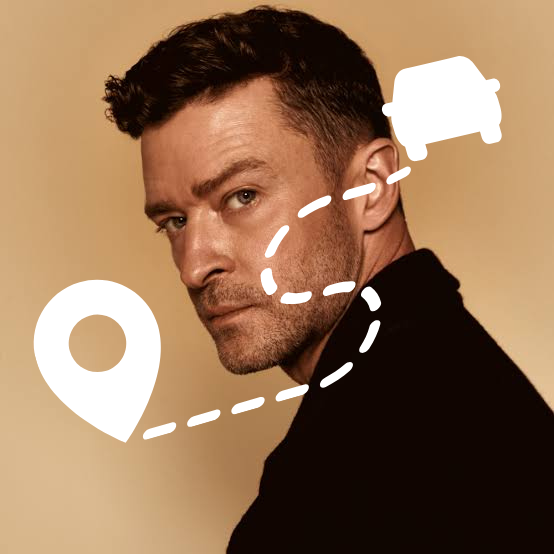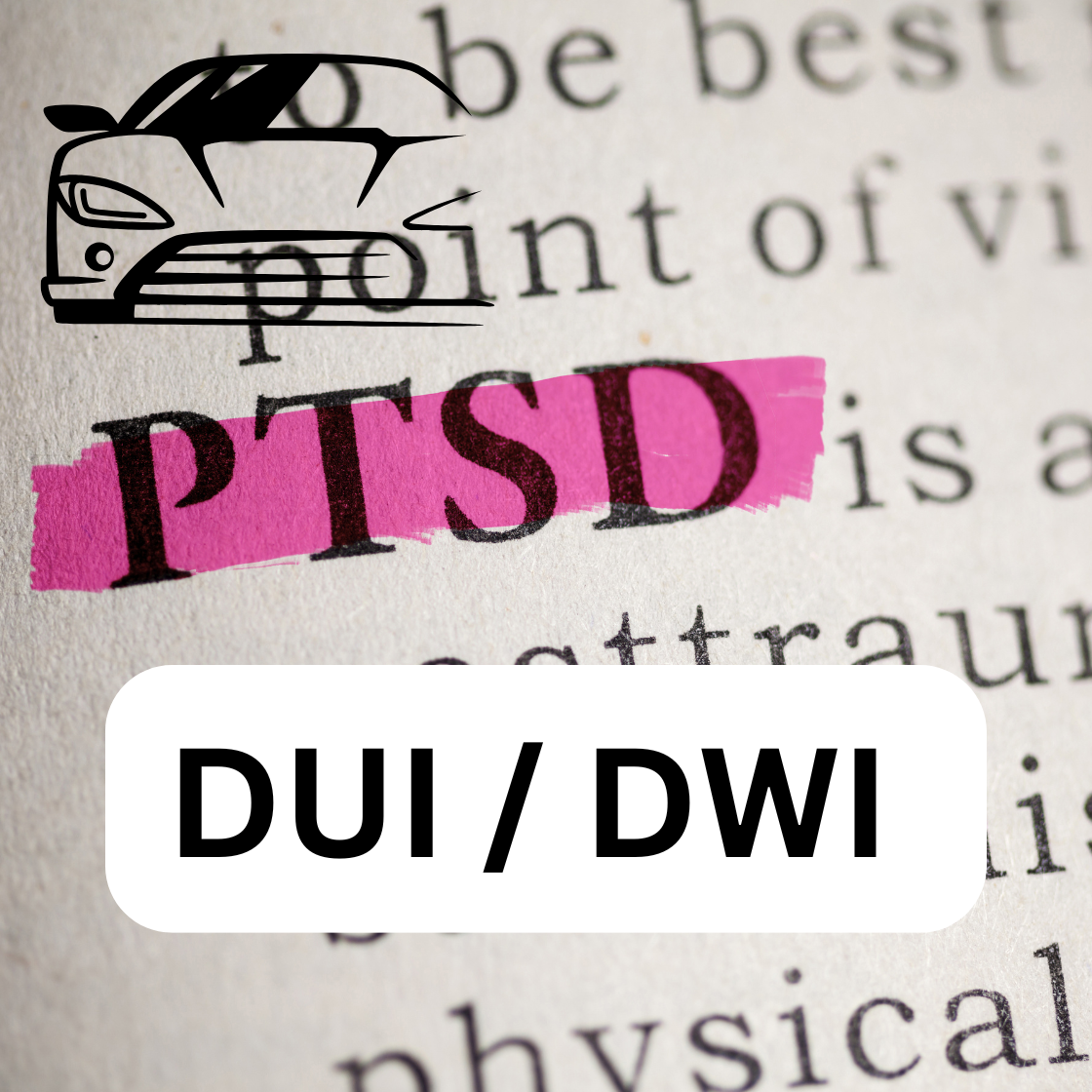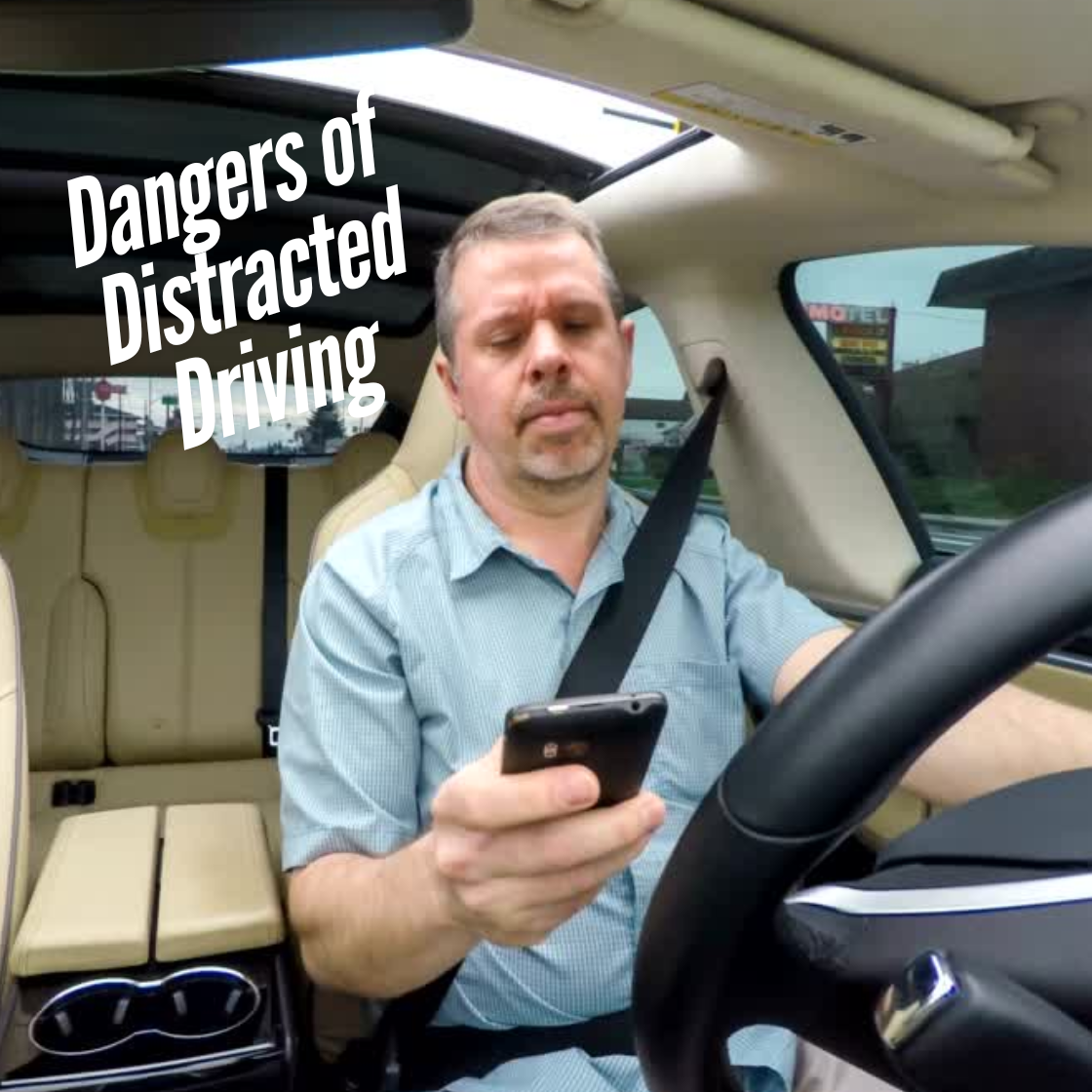Justin Timberlake pleads guilty to impaired driving after his June arrest in New York
In June, Justin Timberlake, the internationally renowned singer, actor, and music producer, found himself in an unexpected and troubling situation that surged his private life into public scrutiny. The incident occurred in New York, a city synonymous with vibrant nightlife and bustling streets. Reports suggest that Timberlake was pulled over by law enforcement officers during a routine patrol late one evening.
The arresting officers noted signs of impaired driving, which led them to administer field sobriety tests, a standard procedure when there is a suspicion of driving under the influence. Timberlake's test results reportedly indicated impairment, prompting his arrest on the spot. The news of the arrest made headlines worldwide, as the celebrity is known both for his successful career in the entertainment industry and his relatively clean public image, thus adding layers of shock and intrigue to the incident.
Reactions From The Public And Fans
The news of Justin Timberlake pleading guilty to impaired driving after his June arrest in New York elicited a wide array of reactions from the public and his fans. Many expressed surprise and disappointment, as Timberlake has long been seen as a role model in the entertainment industry, admired for his musical talent and generally clean public persona. Social media platforms were flooded with comments, with many fans emphasizing their concern for his well-being and urging him to seek support and counseling.
Concerns were also raised about the seriousness of impaired driving, with some fans expressing relief that no one was harmed during the incident.

Background Of The Incident
In June, Justin Timberlake, the internationally renowned singer, actor, and music producer, found himself in an unexpected and troubling situation that surged his private life into public scrutiny. The incident occurred in New York, a city synonymous with vibrant nightlife and bustling streets. Reports suggest that Timberlake was pulled over by law enforcement officers during a routine patrol late one evening.
The arresting officers noted signs of impaired driving, which led them to administer field sobriety tests, a standard procedure when there is a suspicion of driving under the influence. Timberlake's test results reportedly indicated impairment, prompting his arrest on the spot. The news of the arrest made headlines worldwide, as the celebrity is known both for his successful career in the entertainment industry and his relatively clean public image, thus adding layers of shock and intrigue to the incident.
At the time of the arrest, Timberlake was thought to have been in New York for both professional and personal engagements. The city hosts numerous events and gatherings that might have been on his schedule, making it a stop on his otherwise hectic itinerary. Those familiar with Timberlake's activities described how he often balances his demanding career with family responsibilities, which had made the news of the arrest all the more surprising for his fans and followers.
Details Of The Arrest
In June, Justin Timberlake found himself at the center of legal and media attention following an incident in New York that led to charges of impaired driving. According to official reports, Timberlake was pulled over by law enforcement officers late at night after his vehicle was observed driving erratically through the bustling streets of the city. Witnesses and patrol officers noted that Timberlake’s vehicle was swerving between lanes and made several abrupt stops, prompting a traffic stop to ensure his safety and that of other road users.
When officers approached the vehicle, they reportedly detected the smell of alcohol and noted signs of impairment in Timberlake's behavior, including slurred speech and unsteady movements.
Upon further questioning, Timberlake was unable to satisfactorily perform the standard roadside sobriety tests administered by the officers. This led to his arrest at the scene under suspicion of driving under the influence. He was subsequently taken to the local precinct for processing, where he underwent a breathalyzer test. The test confirmed that his blood alcohol level was above the legal limit, substantiating the charge of impaired driving.
Following his arrest, Timberlake was released on bail, awaiting an initial court appearance, while his legal team quickly moved into action to address the unfolding situation and mitigate the legal repercussions for the celebrity.
Legal Proceedings And Charges
In the legal proceedings following Justin Timberlake's June arrest for impaired driving in New York, the pop star faced significant legal challenges. After being pulled over for erratic driving and failing a sobriety test, Timberlake was charged with impaired driving, a serious offense that could have led to severe penalties, including a possible jail sentence, hefty fines, and a suspension of his driving privileges.
Recognizing the gravity of the situation and the potential impact on his career and public image, Timberlake took swift action by retaining an experienced legal team.
During the court proceedings, Timberlake's lawyers negotiated with the prosecution, aiming for a resolution that would minimize the legal and personal repercussions. Ultimately, Timberlake opted to plead guilty to the impaired driving charge. This decision was likely influenced by the desire to avoid a prolonged legal battle and to demonstrate personal accountability. The court's sentence reflected the seriousness of the offense while considering Timberlake's cooperation and willingness to seek help, such as attending a mandated alcohol education program and performing community service.
Timberlake's guilty plea underscored his acknowledgment of the mistake and his commitment to learning from the incident. As he navigated the legal aftermath, Timberlake expressed regret and used the experience as an opportunity to raise awareness about the dangers of impaired driving.
Justin Timberlake's Guilty Plea
In a surprising turn of events, pop icon and former NSYNC member Justin Timberlake found himself at the center of legal turmoil, pleading guilty to impaired driving charges. The incident stems from an arrest in June, when Timberlake was pulled over by New York law enforcement on suspicion of driving under the influence. This plea marks a significant moment in the entertainer's life, one that brings both his personal and professional conduct into the spotlight.
Timberlake's guilty plea, which occurred in a New York court, demonstrates a level of accountability many had hoped for, albeit amid widespread shock and disappointment. In the courtroom, Timberlake expressed remorse for his actions, acknowledging the recklessness and potential harm of driving while impaired. The charges carry both legal penalties and reputational costs for the performer, whose career has been largely free from controversy until this incident.
It also serves as a poignant reminder of the constant scrutiny celebrities face and the importance of setting a positive example.
The legal repercussions for Timberlake could include fines, mandatory community service, or even suspension of his driving privileges. However, the broader impact on his public image remains uncertain. Fans and industry insiders alike are left to grapple with this new chapter of Timberlake's life, reflecting on the pressures of celebrity and the human capacity for error.
Reactions From The Public And Fans
The news of Justin Timberlake pleading guilty to impaired driving after his June arrest in New York elicited a wide array of reactions from the public and his fans. Many expressed surprise and disappointment, as Timberlake has long been seen as a role model in the entertainment industry, admired for his musical talent and generally clean public persona. Social media platforms were flooded with comments, with many fans emphasizing their concern for his well-being and urging him to seek support and counseling.
Concerns were also raised about the seriousness of impaired driving, with some fans expressing relief that no one was harmed during the incident.
However, there was also a significant contingent of people who defended Timberlake, suggesting that anyone can make a mistake and emphasizing the importance of forgiveness and learning from one's errors. Some fans highlighted his previously good track record and hoped this incident would serve as a wake-up call. Meanwhile, public opinion was divided, with discussions emerging about the broader implications of celebrity behavior and accountability.
Media personalities and bloggers speculated on the potential impact of this incident on his future projects and endorsements. Despite the varied reactions, there remained a pervasive sense of hope that Timberlake would take this experience to reflect, grow, and continue his contributions to music and entertainment responsibly.
Future Implications For Timberlake's Career
Justin Timberlake's guilty plea to impaired driving charges could have several implications for his future career in the entertainment industry. While Timberlake has long been a prominent figure in music, film, and pop culture, such legal troubles could potentially impact public perception and his professional opportunities. Celebrities in similar situations have often faced mixed reactions from fans and industry professionals. On one hand, Timberlake's admission of guilt and potential steps towards rehabilitation might elicit sympathy and understanding from many of his supporters, who may appreciate his accountability and willingness to address personal issues.
This could lead to a narrative of redemption, wherein Timberlake could emerge more relatable and resilient, possibly even enhancing his artistry by incorporating these experiences into his creative output.
However, Timberlake could also encounter challenges, particularly in securing endorsement deals or collaborations that heavily rely on public image and reputation. Brands and studios might hesitate to align with him in the short term, fearing negative backlash. Additionally, production schedules and commitments might be affected if he faces any legal penalties or personal time needed to address his actions. Overall, while Justin Timberlake's established career is unlikely to be completely derailed by this incident, he will likely need to navigate the repercussions thoughtfully to maintain and potentially reshape his status in the entertainment world.



